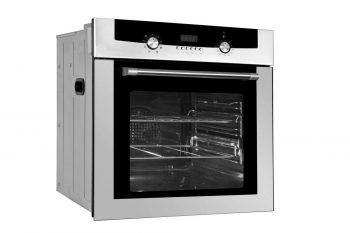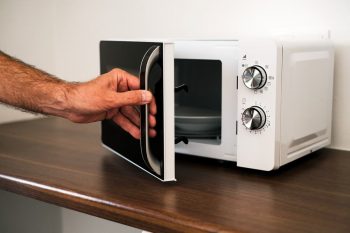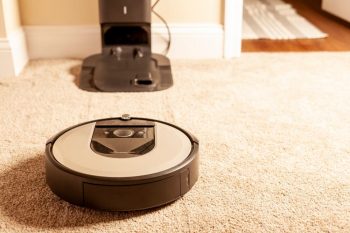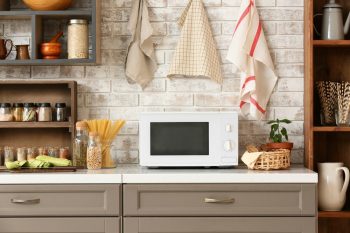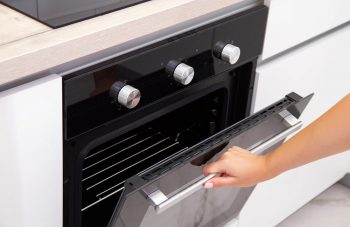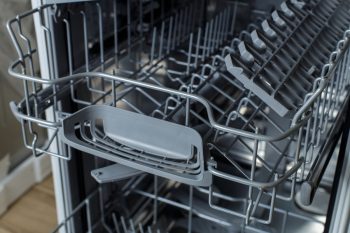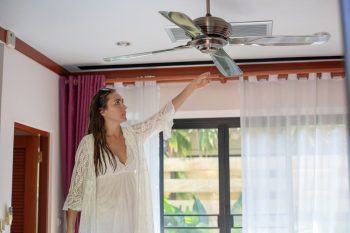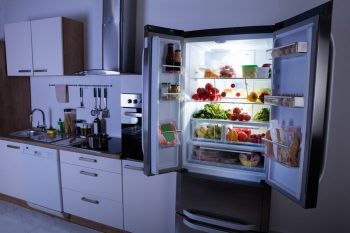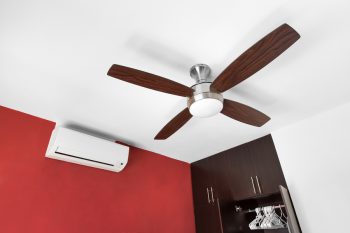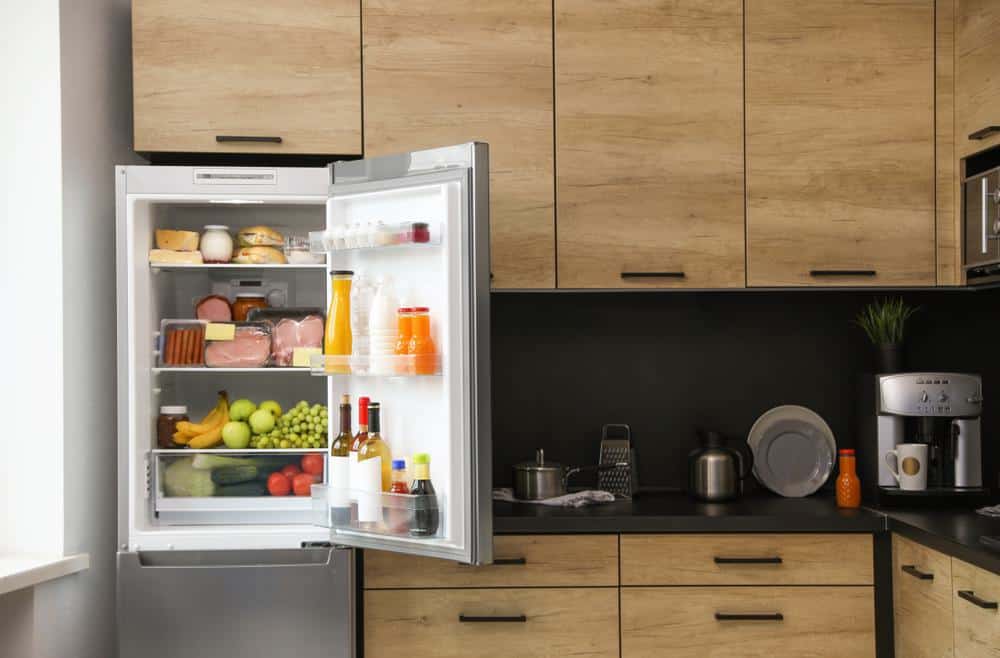
A refrigerator is a staple in most homes, keeping our food fresh and safe to eat. But did you know that refrigerators can actually stop working in cold weather? This might seem counterintuitive. After all, refrigerators are designed to keep things cold, so wouldn’t they work better in a cold environment? Oddly enough, the answer is no. In fact, refrigerators can struggle to maintain their cooling efficiency when the ambient temperature drops below a certain point. In this article, we will explore why this happens and what you can do about it.
Refrigerators don’t work well in the cold because they are designed to operate within a specific temperature range, typically between 60ºF and 95ºF. In cold weather, the refrigerant pressures can drop too low, leading to inadequate cooling. Also, the thermostat inside the fridge might not trigger the refrigeration cycle if the outside temperature is the same as the fridge’s set temperature, leading to improper freezing.
How Does a Refrigerator Work?
Before we delve into why refrigerators have trouble in the cold, let’s first understand how they work. A refrigerator operates using a refrigeration cycle, which consists of the following steps:
- The compressor compresses the refrigerant gas, causing it to heat up.
- The hot gas moves through the condenser coils on the back of the refrigerator, releasing its heat and condensing into a high-pressure liquid.
- This liquid travels through the expansion valve, where it rapidly evaporates and cools to around -25°F.
- The cold gas then flows through the evaporator coils inside the refrigerator, absorbing heat and thereby cooling the interior of the fridge and freezer.
- The refrigerant, now warmed and turned back into a low-pressure gas, returns to the compressor to start the cycle anew.
The refrigeration cycle is based on the principle that a liquid expanding into a gas extracts heat from its surroundings. This process, repeated over and over, allows the refrigerator to maintain a consistent, cool temperature.
The Impact of Cold Weather on Refrigerators
Refrigerators are designed to operate within a specific temperature range, typically between 60ºF and 95ºF. When the ambient temperature falls below this range, several issues can arise:
- Refrigeration compressor units: Cold weather can cause the refrigerant pressures to drop too low, leading to inadequate cooling.
- Refrigerant migration: In cold weather, refrigerants tend to migrate to the coldest part of the system, often the outdoor condenser. This disrupts the refrigeration cycle.
- Condenser: If the condensing pressure falls too low due to cold outdoor air temperatures, the metering device may not function correctly, affecting the cooling efficiency.
The Thermostat Issue
The thermostat in a refrigerator is typically located within the fridge compartment. If the outside temperature is the same as the fridge’s set temperature, the fridge will recognize that it doesn’t need to get colder, so the machine will not turn on. This can be problematic for the freezer, as there is no temperature gauge inside it. If the machine is not turning on, the freezer will not be at its ideal temperature, and the items inside may not be properly frozen.
The Risk to Food Quality and Safety
A refrigerator’s performance in cold weather can significantly affect the quality and safety of stored food. When the temperature inside the refrigerator is not maintained within the recommended range, it can lead to the growth of harmful bacteria, spoilage, and reduced shelf life of the food.
What Can You Do?
To ensure a refrigerator works effectively in cold weather, you can:
- Keep the refrigerator in a well-insulated area.
- Use a garage refrigerator kit, which provides an internal heating element.
- Maintain proper temperature settings.
- Keep the refrigerator and freezer full to maintain a stable temperature.
- Inspect and clean door seals regularly.
- Clean the condenser coils regularly.
- Monitor the appliance’s performance.
Conclusion
In conclusion, while refrigerators are designed to keep our food cold, they are not designed to operate in cold environments. However, by understanding how they work and why they struggle in cold weather, you can take steps to ensure your refrigerator maintains its performance no matter the weather.
Frequently Asked Questions
What is the ideal temperature range for a refrigerator and freezer?
The ideal temperature range for a refrigerator is between 37°F and 40°F. For the freezer, it should be 0°F or lower.
Can I use a regular indoor refrigerator in my garage?
It’s not recommended to use a regular indoor refrigerator in your garage, especially if you live in a region with cold winters or hot summers. The extreme temperatures can affect the refrigerator’s performance and damage the unit.
What is a garage refrigerator kit and where can I buy one?
A garage refrigerator kit is a device that helps your refrigerator operate more efficiently in low temperatures. It’s essentially a small heater that tricks the refrigerator into thinking it’s warmer than it actually is. These kits can be purchased online or at most appliance stores.
Why should I keep the refrigerator and freezer full?
Keeping your refrigerator and freezer full can help maintain a stable temperature. The items inside act like insulation, reducing the amount of warm air that enters when the door is opened and helping the unit recover more quickly.
What happens if I don’t clean the condenser coils regularly?
If you don’t clean the condenser coils regularly, dust and dirt can build up, reducing the refrigerator’s efficiency and causing it to work harder. This can lead to increased energy consumption and potentially shorten the lifespan of the unit.

